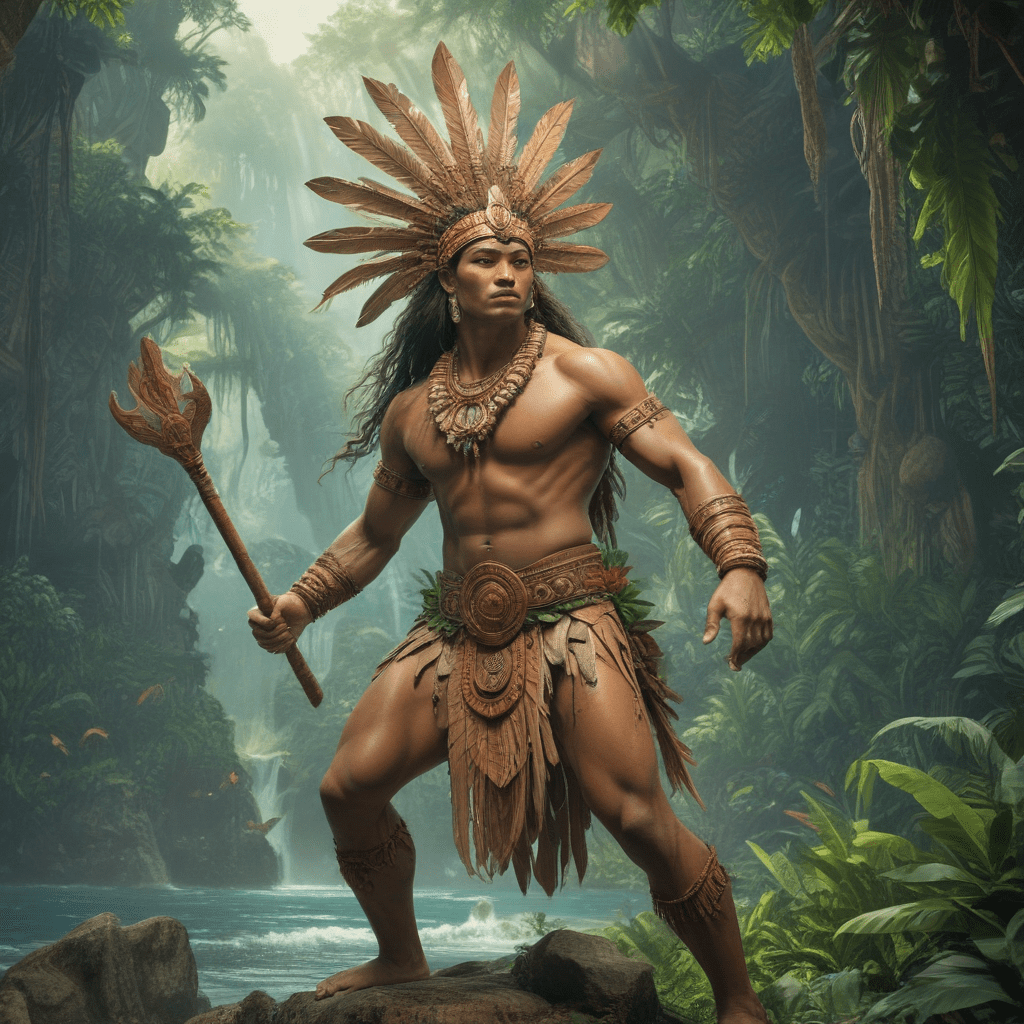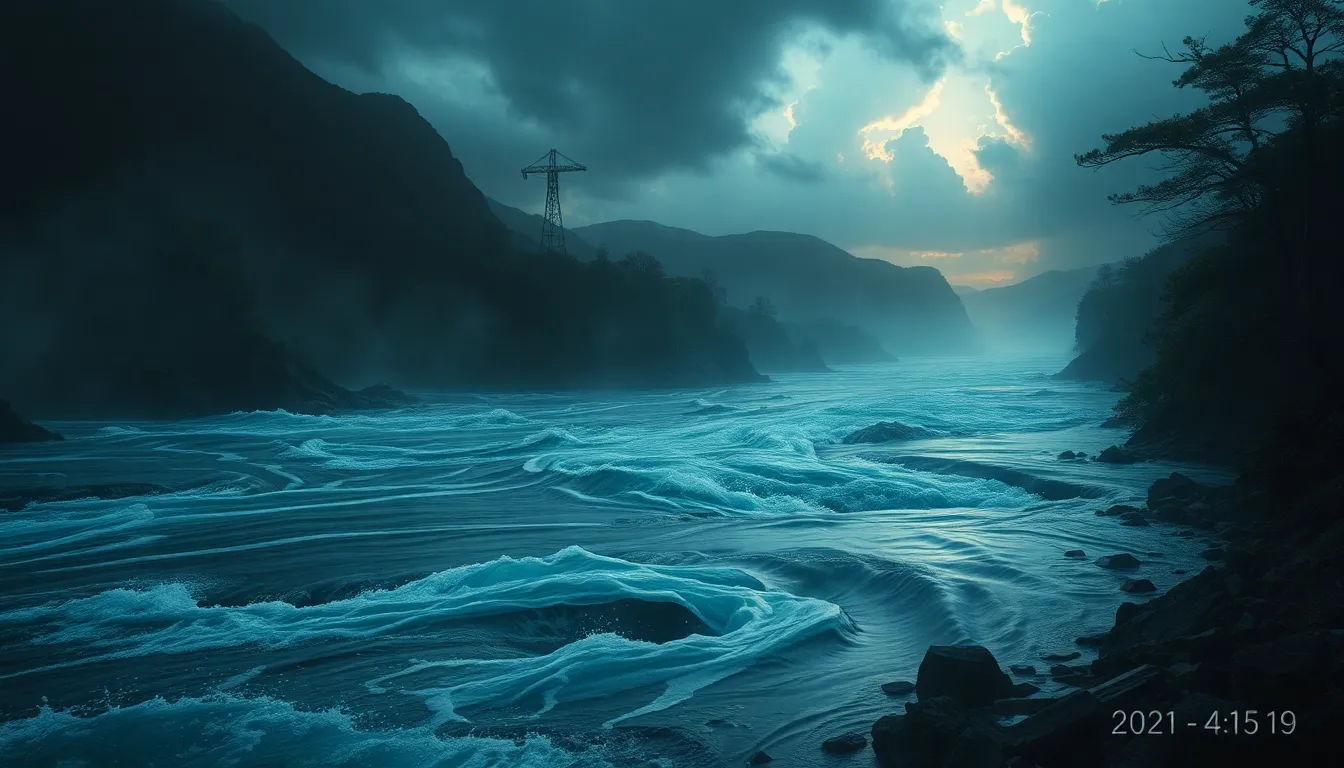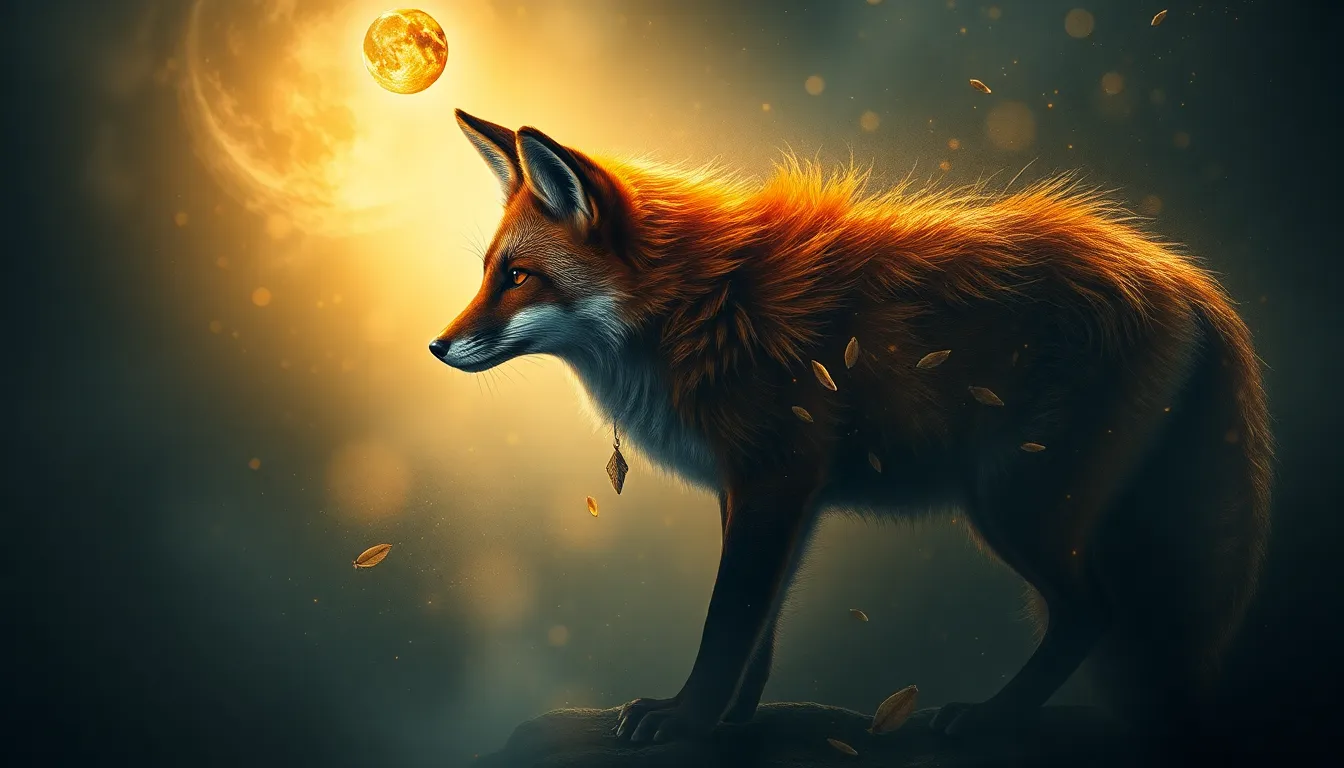Polynesian Mythology: Stories of Migration
Polynesian mythology, a captivating tapestry of stories, legends, and beliefs, chronicles the remarkable journeys and origins of the Polynesian people. The tales of migration narrate the epic voyages across vast oceans, the search for new lands, and the founding of Polynesian civilizations.
Origins and Creation Myths
Polynesian creation myths offer diverse accounts of the beginning of the world. In Hawaii, the Kumulipo chant narrates the genealogy of gods and the formation of the islands. Tonga's creation myth centers around Tangaroa, the sky father, who separates the heavens and the earth, giving birth to the world.
The Great Migration
From an ancestral homeland known as Hawaiki, legendary voyages commenced, spearheaded by double-hulled canoes. Polynesian navigators, guided by stars and celestial bodies, ventured across the expansive Pacific, dispersing their culture and establishing settlements throughout the region.
The Search for New Lands
The legendary figure of Maui from Hawaii is renowned for his extraordinary voyages and exploits. His quest for new lands led to the discovery of distant islands, shaping Polynesian mythology and expanding their geographical reach. Tupaia, a revered Tahitian navigator, also played a significant role in the exploration and discovery of new Polynesian territories.
The Spread of Polynesian Culture
The establishment of new settlements fostered the development of distinct Polynesian dialects and customs. The dispersal of Polynesians across various islands resulted in cultural exchange and adaptation, leading to the emergence of diverse yet interconnected societies.
6. The Role of Ancestors
Polynesian mythology places great importance on ancestors, who are believed to possess immense power and influence over the lives of their descendants. Ancestor worship is prevalent, with offerings and prayers made to honor and seek guidance from departed family members and leaders. The concept of reincarnation also plays a vital role, with individuals believed to be reincarnated after death, carrying with them their mana and wisdom.
7. The Concept of Mana
Central to Polynesian mythology is the concept of mana, a sacred energy or power that resides in objects, places, and individuals. It is believed that chiefs, priests, and other leaders possess high levels of mana, which they wield to maintain order, protect their people, and perform rituals. The concept of mana also extends to natural objects, with certain rocks, trees, and animals considered sacred and possessing special powers.
8. Legends of War and Conquest
Polynesian mythology recounts numerous tales of war and conquest, detailing the rise and fall of Polynesian empires. These stories often revolve around battles between gods and demigods, as well as mortal warriors seeking power and prestige. The Hawaiian epic, "Kumulipo," narrates the battles between Lono and Kamapua'a for supremacy over the islands. The struggles for control and the exploits of legendary warriors are integral to Polynesian mythology, providing insights into the history and social structure of Polynesian societies.
9. The Influence of Christianity
The arrival of Christian missionaries in the 19th century brought about significant changes to Polynesian mythology. Christian beliefs were gradually integrated into Polynesian cosmology, resulting in a unique blend of traditional and Christian elements. Many Polynesian gods and goddesses were reinterpreted as Christian saints, and aspects of Polynesian mythology were incorporated into Christian teachings. The influence of Christianity continues to shape the religious beliefs and mythological narratives of Polynesian cultures today.
10. Modern Interpretations and Revivals
In recent times, there has been a renewed interest in Polynesian mythology, driven by cultural revitalization efforts and the desire to preserve traditional knowledge. Contemporary artists, writers, and filmmakers have incorporated elements of Polynesian mythology into their work, retelling ancient stories and exploring their relevance in modern contexts. The revival of cultural practices, such as hula and traditional chants, has also contributed to the resurgence of interest in Polynesian mythology, ensuring its continued vitality in the 21st century.
FAQs
Q: Who were the first Polynesians?
A: The origins of the Polynesian people remain uncertain, with various theories suggesting migrations from Southeast Asia or the Americas.
Q: What is the Hawaiki homeland?
A: Hawaiki is a mythical homeland believed to be the ancestral origin of many Polynesian peoples. Its precise location remains unknown.
Q: How did Polynesians navigate across vast oceans?
A: Polynesian navigators relied on their knowledge of the stars, ocean currents, and wind patterns, using traditional navigation techniques passed down through generations.
Q: What is the significance of mana in Polynesian mythology?
A: Mana is a powerful spiritual force believed to reside in individuals, objects, and places. It represents authority, sacredness, and the ability to influence the world around them.
Q: How has Christianity influenced Polynesian mythology?
A: Christian missionaries integrated elements of their beliefs into Polynesian mythology, retelling traditional stories with Christian themes and recasting Polynesian gods as saints or angels.



